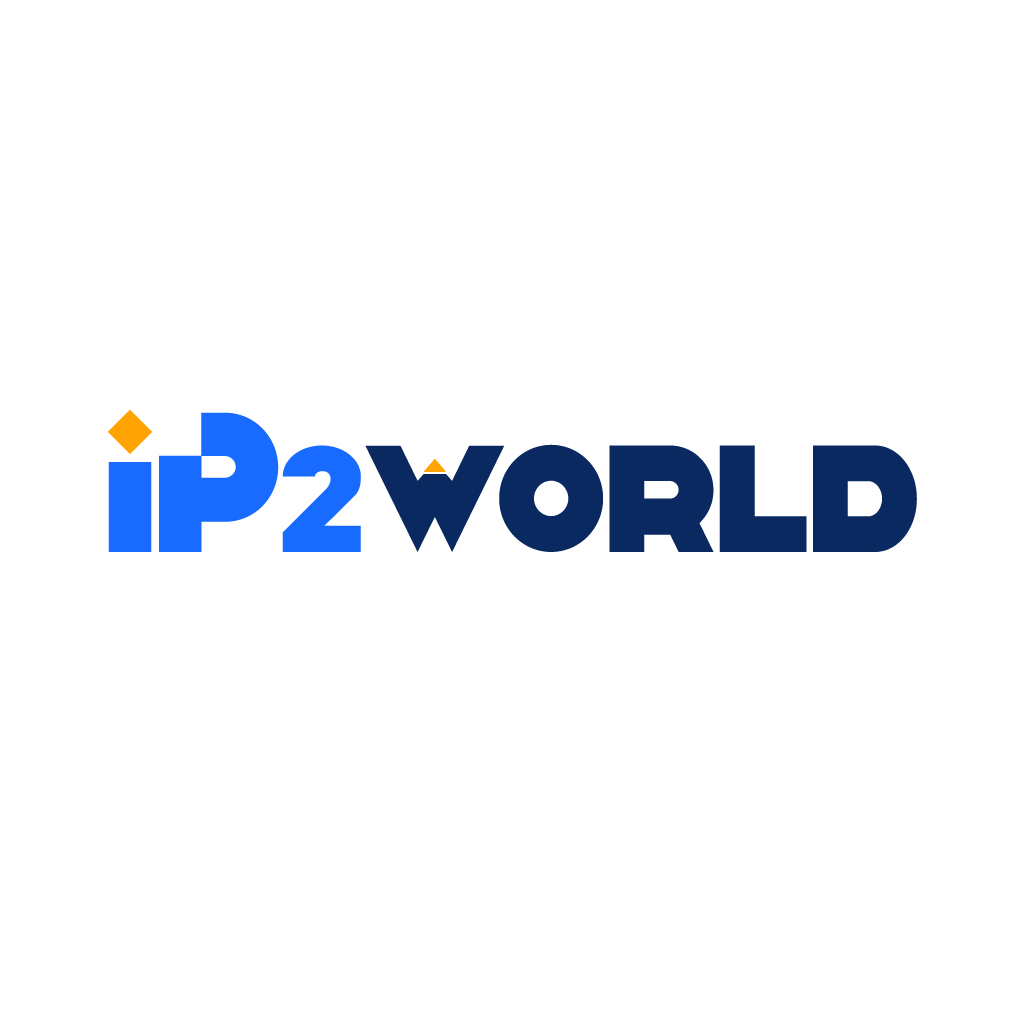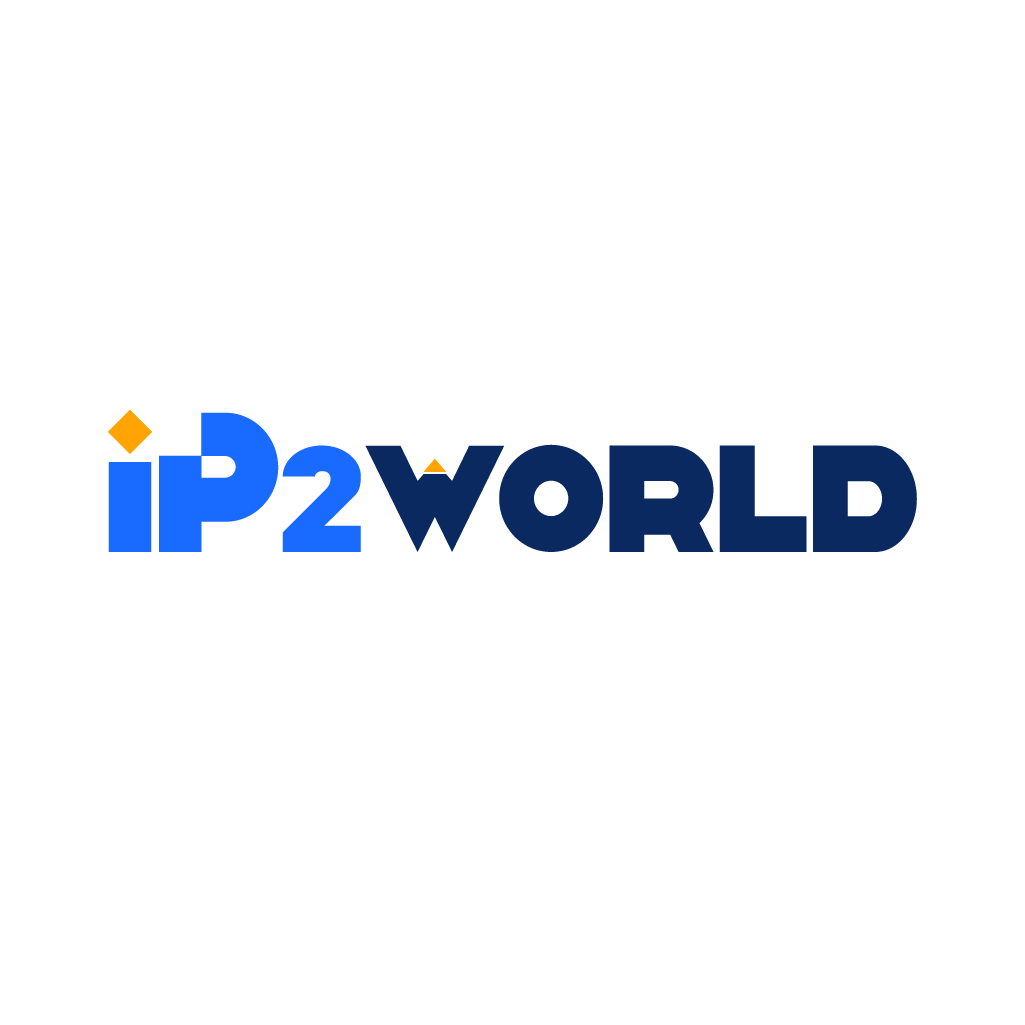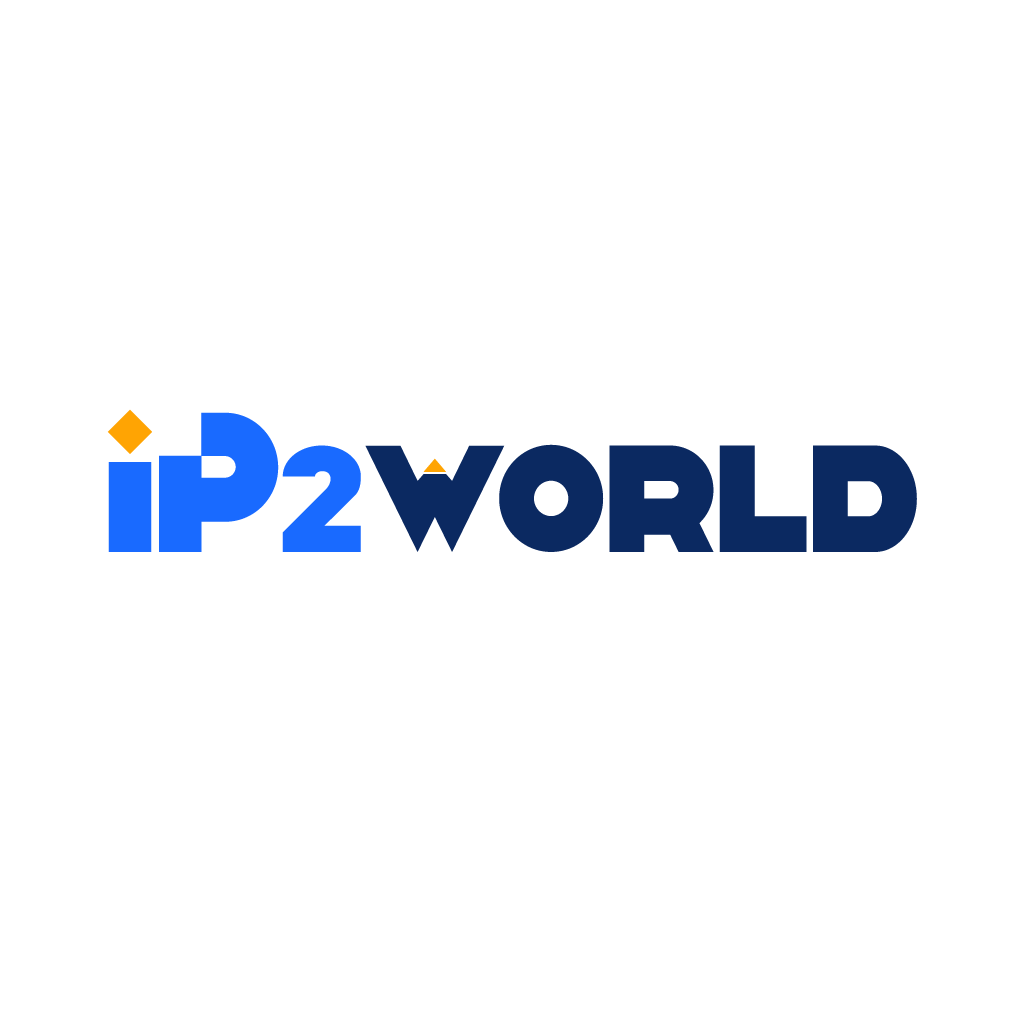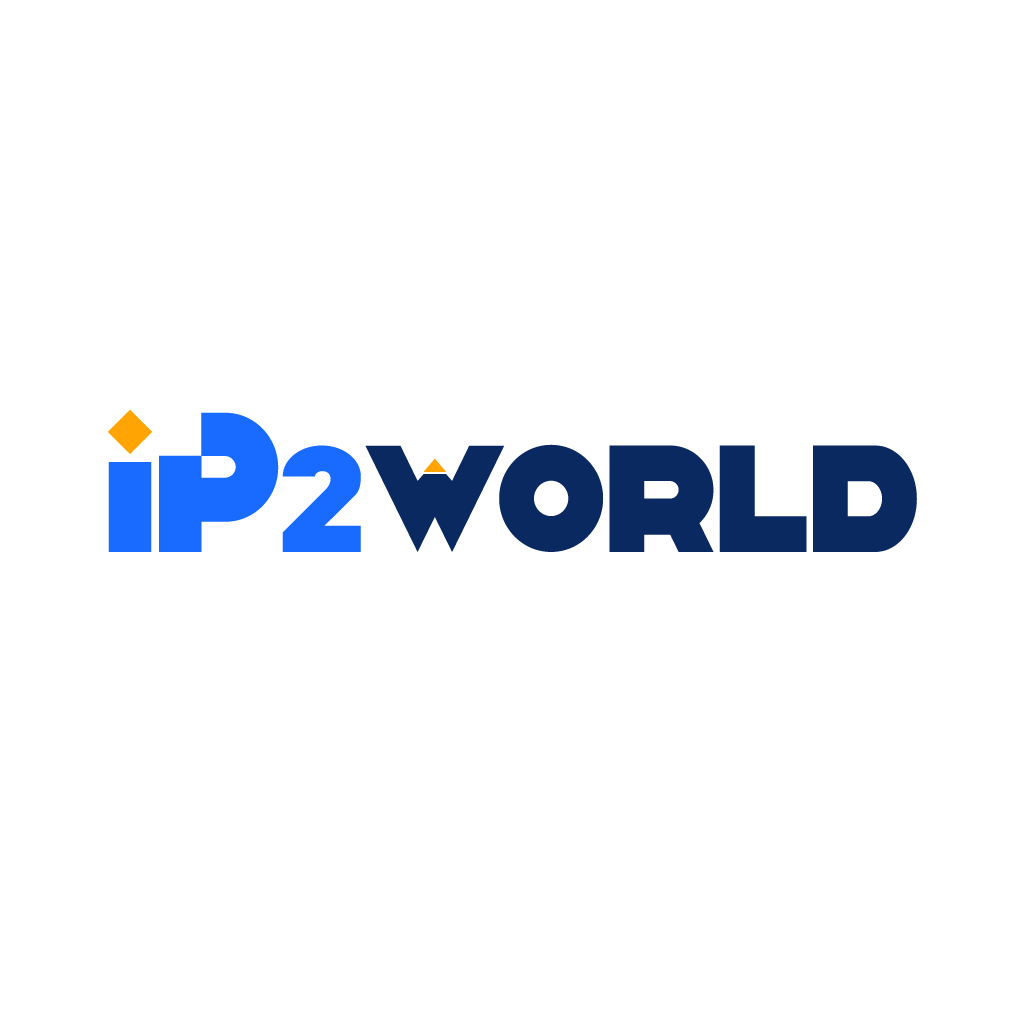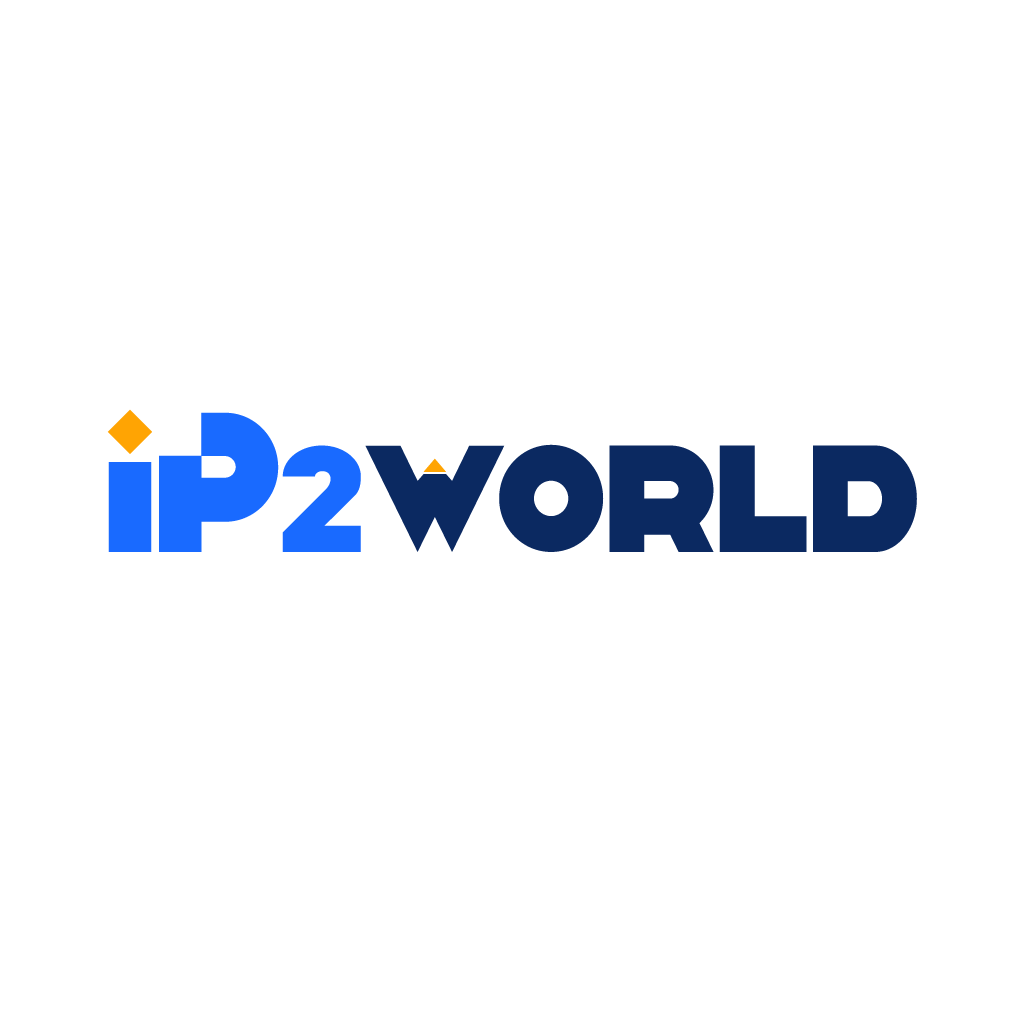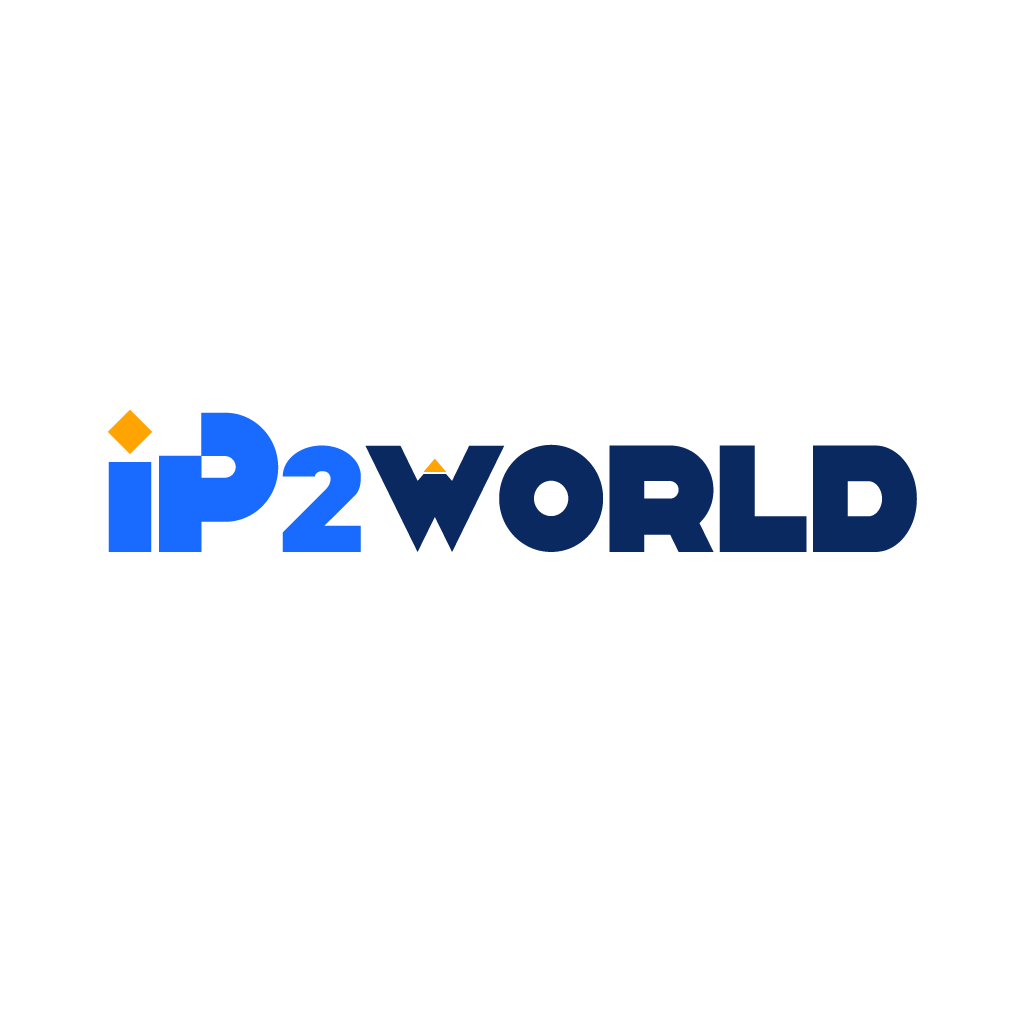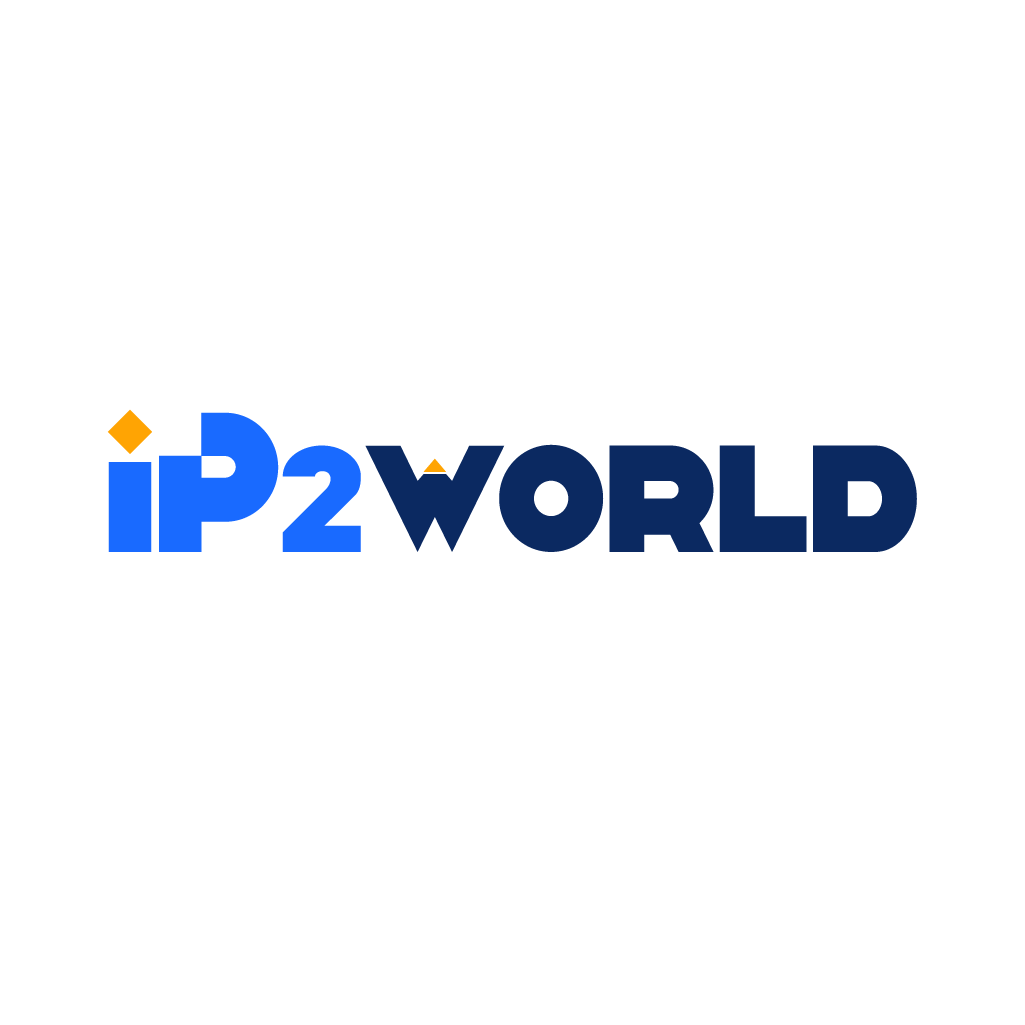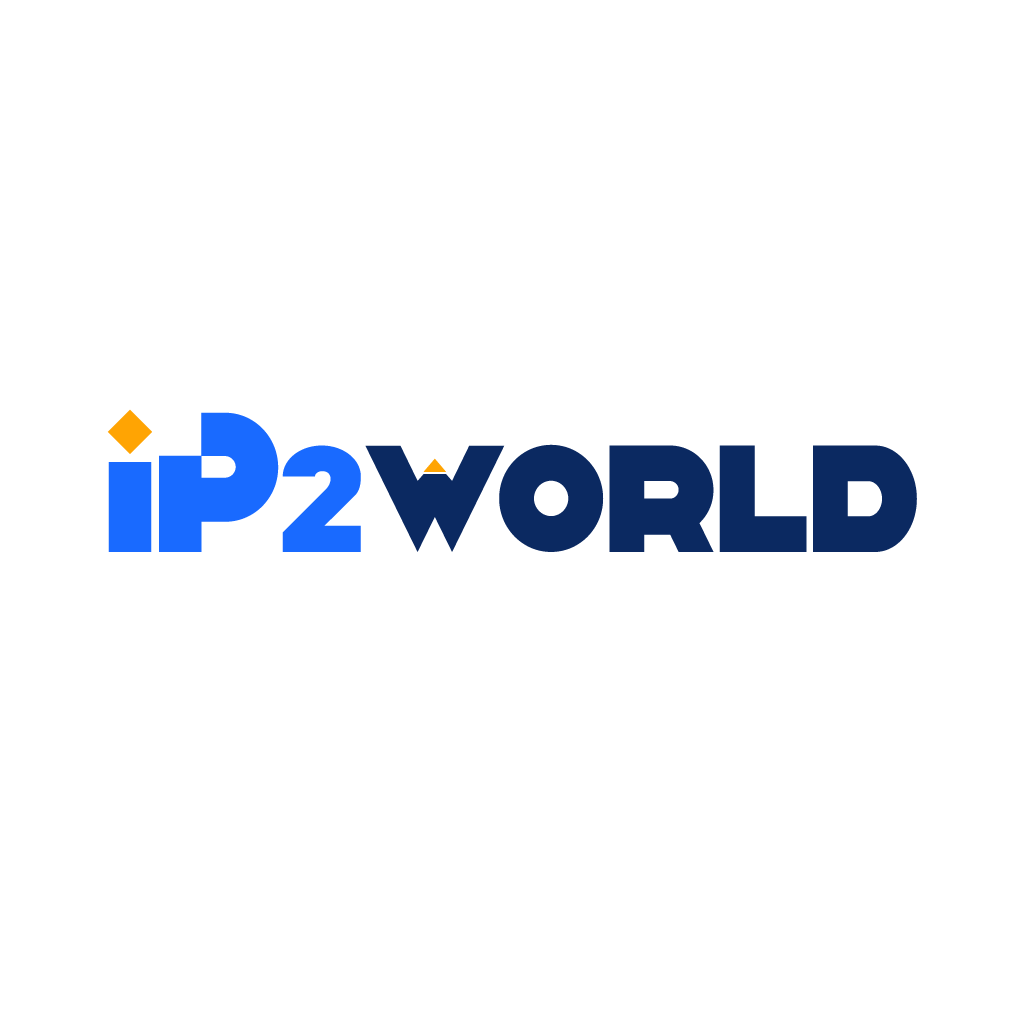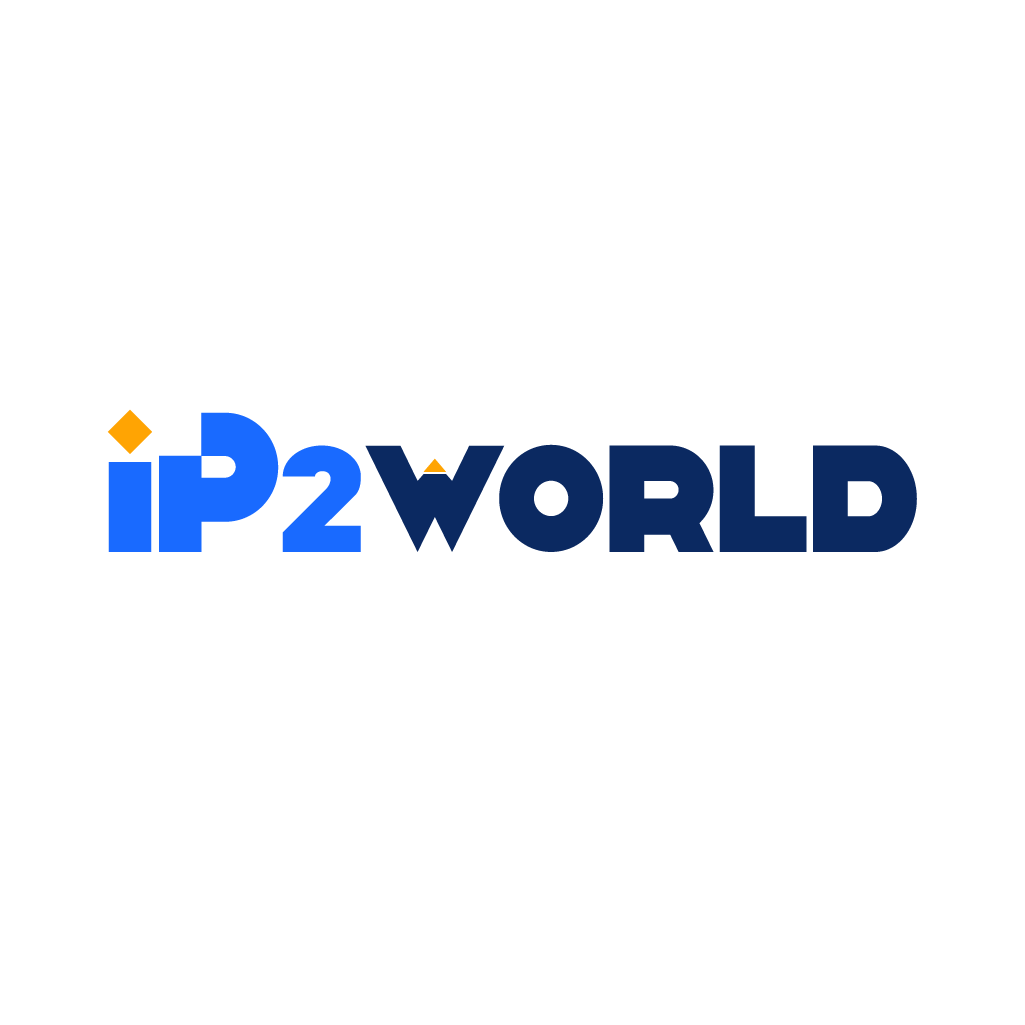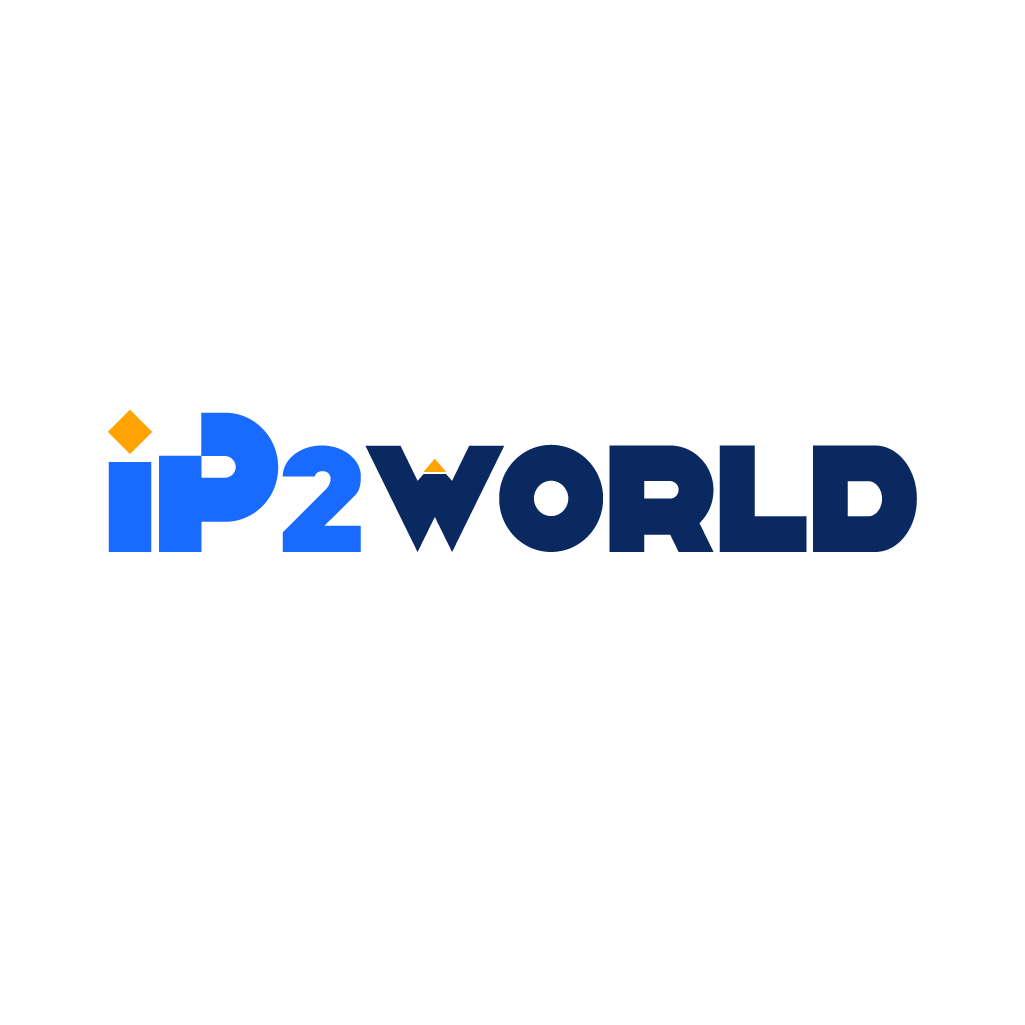Introduction The digital era has made content accessibility a cornerstone of user experience, elevating the importance of how quickly and reliably this content reaches its audience. Enter Content Delivery Networks (CDNs), the unsung heroes that act as the backbone of the internet, optimizing both speed and security for websites. This in-depth guide aims to unravel the complex ecosystem of CDNs, highlight their multitude of advantages, and briefly introduce their relationship with proxy servers. A Comprehensive Definition of Content Delivery Network (CDN) A Content Delivery Network, more commonly known by its acronym CDN, is a system of strategically distributed servers that work in collaboration to provide quicker access to internet content. This network is not just a single entity but an assemblage of multiple interconnected components. These include proxy servers, data centers, and even sophisticated software algorithms, all operating in a synchronized manner to deliver optimum performance and reliability. Think of a CDN as an expansive global delivery system. At its core, a CDN is designed to transfer various types of digital assets — these range from basic HTML and CSS files, images, and JavaScript libraries, to more complex elements like streaming video and audio files. These digital assets are critical for any website or application to function properly, and their speed of delivery can significantly impact user experience. To make this tangible, consider a scenario where your website's server is located in New York. A user in Tokyo would traditionally experience slower load times compared to someone closer to the server. However, with a CDN in play, your content exists on multiple servers across different continents, including one closer to Tokyo, enabling faster delivery of your website's data to users regardless of geographic location. The Inner Workings: Mechanism Behind CDNs The success of a CDN hinges on its architecture, which is specifically designed to overcome the challenges of latency, packet loss, and network congestion. This architecture revolves around the concept of 'Edge Servers'. These servers are strategically placed in various geographical locations to be as close as possible to the end-user, sometimes even at the ISP (Internet Service Provider) level for ultimate low-latency access. When a user accesses a website, the initial request is intercepted by the CDN. The CDN then determines which edge server is best suited to serve the user's request. Several factors go into this decision, such as the server's proximity to the user, its current load, and health status. Once the optimal server is identified, the content is delivered to the user. There are two primary ways the edge server handles this request: 1. Cached Content: If the content has been recently requested and is stored in the edge server's cache, it will be delivered directly to the user. This is the fastest method of content delivery and the primary advantage of using a CDN. 2. Fetching from Origin Server: If the requested content is not in the edge server's cache (or if it's outdated), the edge server will fetch the most current version from the origin server. Although this involves an extra step, the edge server will usually keep this updated content in its cache for future requests, benefiting subsequent users. Through this decentralized system, CDNs not only drastically reduce the time it takes for content to travel from the server to the user, but they also increase redundancy. This means that even if one server fails, another can take over, ensuring uninterrupted service. In-Depth Benefits of Implementing a Content Delivery Network (CDN) Accelerating Speed and Enhancing Efficiency The core advantage of using a CDN lies in its ability to drastically cut down on latency. When users request data from a website, the round-trip time it takes for a server to acknowledge and respond can result in a noticeable delay. CDNs, with their extensive network of globally distributed servers, minimize this delay by ensuring that the data travels the shortest possible distance. Whether a user is in New York enjoying a video stream, in London downloading a large file, or in Tokyo browsing an image-heavy e-commerce site, a nearby CDN edge server will expedite the content delivery, resulting in significantly reduced load times and a much more fluid user experience. Robust Security Measures to Safeguard Your Content Another compelling reason to implement a CDN is the added layers of security it provides. Notably, CDNs act as a buffer between your origin server and incoming traffic, thereby offering a first line of defense against Distributed Denial of Service (DDoS) attacks. These attacks aim to overwhelm a server with a flood of internet traffic, and CDNs can distribute this traffic across its wide network, thereby mitigating the attack's impact. Additionally, most CDNs offer Web Application Firewalls (WAFs), which inspect incoming traffic for malicious activity and filter out anything deemed hazardous. Further solidifying their security credentials, many CDNs come pre-equipped with SSL/TLS certificates. These certificates provide dual functions of authentication and encryption. Authentication ensures that the data is being sent to the intended recipient, and encryption makes sure that the data can only be read by that recipient. This effectively secures the information from potential eavesdropping or data tampering. Unparalleled Reliability and Content Availability When it comes to high availability and reliability, CDNs are a powerhouse. By virtue of their design, they distribute data and network traffic across multiple servers, which reduces the load and stress on any single server. This distribution mechanism becomes particularly useful during traffic surges or unexpected hardware failures. If one server in the CDN network experiences an outage, the system reroutes the user requests to another operational server, thereby ensuring uninterrupted content delivery. Who Stands to Benefit the Most from a CDN? eCommerce Platforms For eCommerce websites, speed and reliability are not just features but necessities. Slow page loads can lead to cart abandonment and reduced sales. With a CDN, businesses can ensure that their online stores are accessible and speedy for a global audience. Plus, the improved security measures are vital for handling sensitive customer information. Advertising Firms The world of digital advertising demands the quick and efficient delivery of multimedia content. High-quality videos, interactive banners, and other resource-intensive assets can slow down a webpage significantly. By leveraging a CDN, advertising firms can eliminate these bottlenecks, ensuring that their content not only reaches a broader audience but does so with optimized load times. Online Gaming Companies The gaming industry constantly pushes the boundaries of what's possible in terms of graphical fidelity and real-time user interaction. These high-quality experiences require large amounts of data to be transferred quickly. Here, CDNs provide what are known as "push zones," specialized areas on edge servers where large data files can be stored for quick access, thereby ensuring low-latency, high-quality gaming experiences. Media and Entertainment In the streaming wars, speed is king. Services like Netflix and Spotify have massive libraries that need to be instantly accessible to users around the globe. CDNs enable these services to store frequently accessed content on edge servers located close to their audience, ensuring that movies start faster, music plays without interruption, and high-definition content streams smoothly. Understanding Proxies(IP2World Proxy Provider): A Comprehensive Primer Proxies act as middlemen in the data communication channel between a user and the internet. Unlike CDNs, which focus on speed and global distribution, proxies emphasize user anonymity and controlled access. When you browse the internet through a proxy, your request goes to the proxy server first. The server then forwards it to the destination website. When the website sends back the data, the proxy relays it to you, thereby keeping your presence somewhat anonymous. This is particularly useful for bypassing geo-restrictions or corporate firewalls. While CDNs and proxies both aim to improve speed and security, they do so at different scales and for different primary objectives. A CDN aims for global distribution and is tailored for high-speed content delivery to a large audience. On the other hand, proxies are often used on a more individual or organizational level, focusing on localized control over web traffic and restricted access to specific content. They're the perfect complement to CDNs when you require more nuanced control over who can access what and how quickly they can do it. Key Factors to Consider When Choosing Your CDN Provider Selecting a CDN provider is an important decision that can have significant impacts on your web performance. Here are some critical elements to weigh in your choice: Push vs. Pull Functionality CDNs typically offer two caching methodologies—push and pull. In the push model, your website's data is actively sent to the CDN servers, while in the pull model, the CDN automatically fetches data from your site as needed. Each has its merits; push is often faster but may require more initial setup, whereas pull is easier to implement but can sometimes result in slower first-time content delivery. Choose based on how frequently your content changes and how much control you wish to have over content distribution. Origin Shield: An Additional Layer of Protection An origin shield acts as an intermediary layer between your original server and the CDN edge servers. By having this extra layer, you reduce the load on your origin server and also add another layer of caching, making content delivery even more efficient. Not all CDN providers offer this feature, so if it aligns with your needs, ensure the CDN you choose provides it. Log Management Capabilities The ability to adequately analyze, monitor, and store logs is crucial for understanding user behavior and optimizing content delivery. Some CDNs offer robust analytics and log management features, allowing you to track performance metrics, user engagement, and even security incidents in real-time. This feature is invaluable for diagnosing issues and planning future content strategies. Cache Controls: Flexibility is Key Different websites have different caching needs. Some might need to frequently update content, requiring shorter cache times, while others might have more static data that can be cached for longer periods. The ability to set custom caching rules and expiration times allows for a more personalized approach to content delivery. Look for a CDN provider that gives you granular control over these settings. Adaptability: One Size Doesn’t Fit All The CDN you choose should be adaptable to a variety of requirements, from asset delivery types to Search Engine Optimization (SEO) strategies. Given that your website or application may have unique needs, such as varying security measures or mobile optimization features, your CDN should be configurable to adapt to these specifics. ConclusionThe digital world spins on the axis of speed, security, and accessibility. Content Delivery Networks (CDNs) and proxies are the cogs and gears that make this possible. While CDNs are the engines driving the rapid and secure distribution of web content across the globe, proxies add a layer of nuanced control and security on a more localized level. Choosing the right CDN involves a deep understanding of what your specific needs are—be it speed, security, or adaptability. Coupled with the smart use of proxies, a robust CDN can supercharge your online presence, whether you're a small business or a global enterprise. As we move further into the digital age, the role of these technologies will only grow more critical, making it essential for anyone invested in web technologies to understand them inside and out.
2023-08-26
